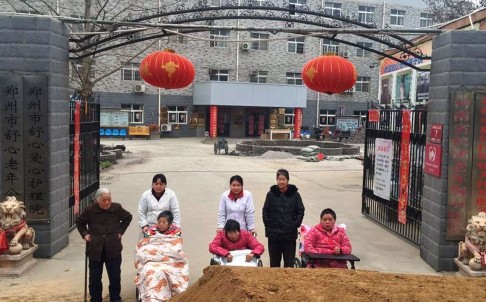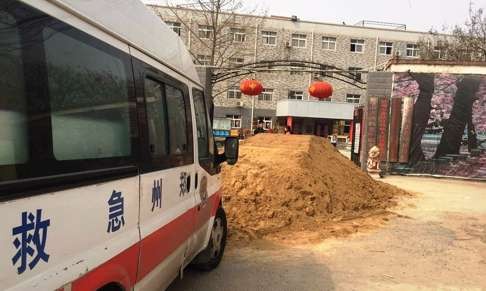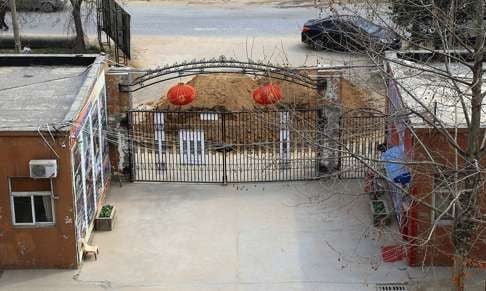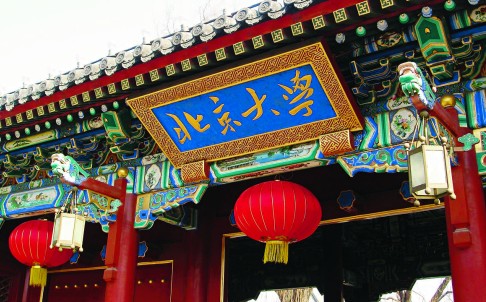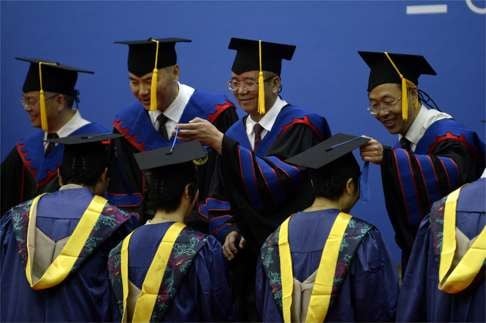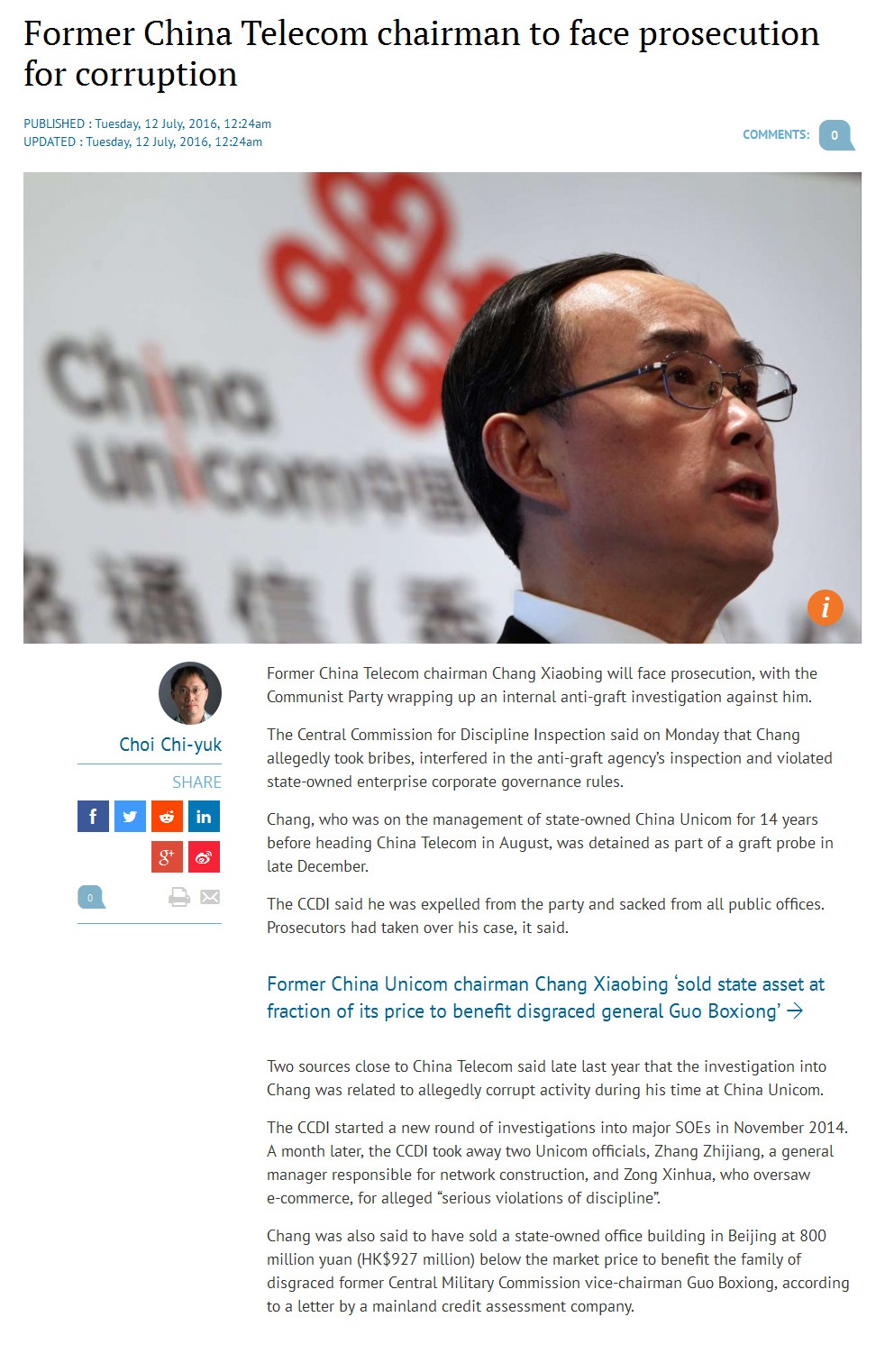Chinese police arrest suspect four days after knife-attack killing of city official
PUBLISHED : Friday, 11 March, 2016, 12:15pm
UPDATED : Friday, 11 March, 2016, 2:12pm
Kathy Gao
[email protected]

A CCTV photograph taken in the city of Chifeng, in Inner Mongolia, reportedly showing Li Xiaopeng, who is a suspect in the case. Photo: Inner Mongolia Morning News
Police have arrested a man on suspicion of killing a Chinese city official in the northeast of the country, a mainland newspaper reports.
Sun Qingan, vice-chairman of the Liaoyuan city municipal committee of the Chinese People’s Political Consultative Conference, died on Sunday afternoon after being attacked by a man with a knife as he and his wife took a lift at his apartment block in Liaoyuan, in Jilin province, the Inner Mongolia Morning News reported on Friday.
It was unclear if Sun’s wife was injured, but the attacker escaped.
Jilin police later identified Li Xiaopeng, 38, also from Liaoyuan, as a suspect in the case.
Police from Chifeng city in Inner Mongolia – which is located close to Jilin province – were alerted after Li was spotted taking a taxi in the city, the report said.
On Thursday Chifeng police went to a rented property in the city and arrested Li. He has now been handed over to police in Jilin.
The newspaper said Li, who had worked as a driver for the local government, had lived in a house in Liaoyuan that had been demolished to make way for the development of an economic zone. It added that it was still unclear why Sun had been killed.
However, the Chinese news magazine Caijing reported that Sun had been the official in charge of Liaoyuan city’s economic development zone.
It also said residents living in homes knocked down to make way for the development of the economic zone had made complaints to the local government about the demolition.
The Caijing report did not say whether Sun was directly involved in the demolition of the properties.

